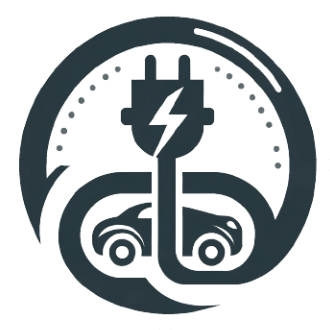Louisiana Utility Regulators Pass Rule to Keep Electric Vehicle Charging Competitive

Wesley Muller, Louisiana Illuminator.
State regulators have established a policy they believe will spur more private investment in electric vehicle charging stations in Louisiana — limiting competition from utility companies.
The Louisiana Public Service Commission adopted a rule Wednesday meant to encourage private investment in the electric vehicle charging market by prohibiting the state’s major power companies from using customer money to own, lease, operate, or control EV charging stations.
The commission voted unanimously to create the rule, which aligns with a bipartisan bill the Louisiana Legislature approved in 2022 encouraging the commission to enact policies that would create an EV charging market based on competition and free market principles.
Many EV advocates and business owners have spent years calling for such a rule, arguing it will allow small businesses and retailers to invest in EV charging stations with the confidence that monopolistic electric utilities won’t use money collected from utility customers to unfairly compete against the private market.
Based on 2023 data, Louisiana ranks second-worst in the nation for its lack of EV charging stations, with one charger for every 9,144 residents. That compares poorly with the national average of one charger per 2,280 residents.
The Charge Ahead Partnership, a coalition of individuals, businesses, and associations working to expand access to the nation’s EV charging marketplace, applauded the Public Service Commission’s decision.
“The LPSC has sent a clear message today to the investors, entrepreneurs, small businesses and retailers who will build Louisiana’s EV charging marketplace: Louisiana is open for business,” partnership executive director Jay Smith said in a news release. “Regulated utilities in other states have discouraged investment by forcing their customers to subsidize utility-owned chargers. Today’s ruling will not only attract investment, it also protects all Louisiana power company customers.”
Under the ruling, EV charging providers can self-generate electricity needed for their stations through resources such as solar panels. Previously, a charging station could have been regulated as a utility if they generated power.
The decision drew no opposing testimony from utilities or anyone else in attendance Wednesday.
Last year, the Public Service Commission issued related orders allowing non-utilities to resell electricity by the kilowatt-hour and directed all electric utilities under its jurisdiction to propose wholesale rates for EV charging. It was promoted as an important step to give EV charging station operators some idea of their electricity costs.
Regulated utility companies, such as Entergy and Cleco, can still operate charging stations but have to do so through a separate unregulated subsidiary that doesn’t touch ratepayer money.
Oklahoma, Nebraska, Texas, and Georgia have all passed similar policies.
Wednesday’s decision could put more pressure on the Louisiana Department of Transportation and Development to start spending the $73 million it received two years ago under the National Electric Vehicle Infrastructure (NEVI) program. NEVI is a product of the Bipartisan Infrastructure Law that Congress approved in 2021. While states such as Ohio, Pennsylvania and others have already built some EV charging stations, Louisiana has been slow to spend its portion.
Get in Touch
Send Us a Message for Personalized Assistance
Don't hesitate to reach out to us with any inquiries you may have. Your satisfaction is our priority, and we're ready to provide expert guidance and assistance. Contact us today, and let's power up your electric journey together.
